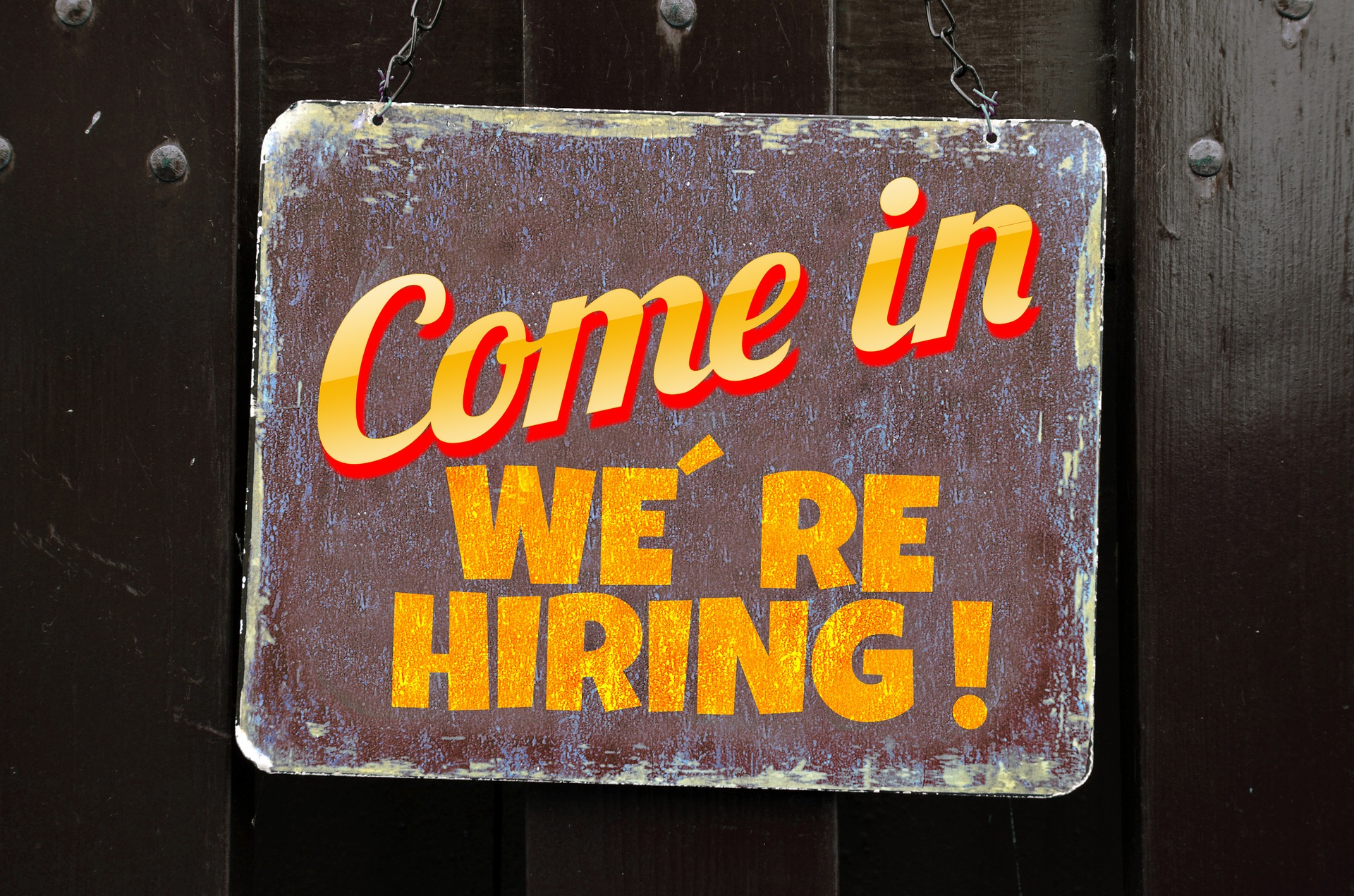Between the Lines: Stories of Brain Injury Survivors – (Part 4 of 6)
This is the fourth post in Between the Lines: Stories of Brain Injury Survivors. If you missed the beginning of Tony’s Journey, click here to read it.
Ask Tony (or any stroke survivor) and he’ll tell you that the toughest part of having a stroke isn’t surviving–it’s recovering.
After an intensive week in the hospital, Tony returned home to continue his recovery. It was frustrating, grappling with his new reality; he was limited physically, so he couldn’t do many of the things he used to do. He couldn’t return to his old job, he couldn’t have fun mountain biking, and he couldn’t help his family like he used to–he actually had to lean on them. His life had completely changed. Particularly during the early days, Tony had to focus on getting through simple everyday tasks and maintaining a healthy blood pressure.
But there were other changes to Tony’s life that he didn’t immediately notice. Tony had difficulty with loud noises and became easily frustrated and even angry when affected by them. This wasn’t Tony’s fault–his mood swings and changes to personality were caused by changes to his brain, as a result of the stroke. But this also understandably affected life with his wife and two daughters, who wanted to support Tony but weren’t sure how to navigate all these new changes.
Family life became strained. Both mood shifts and personality changes are common to experience if you’re a brain injury survivor, but they can be harder for loved ones to understand. So what was the Mok family to do?
“Counselling was critical to that stage of my recovery and helped hold our family together,” Tony explained. Through counselling, Tony and his family learned to work together, come to a better understanding of their life post-stroke, and learn how they could best live with and love each other. It wasn’t easy, but it was essential.
 In addition to counselling, Tony shared that leaning into the support of friends and family is important. Sometimes accepting help can be hard, but knowing that people care about you and want to help can really make a difference.
In addition to counselling, Tony shared that leaning into the support of friends and family is important. Sometimes accepting help can be hard, but knowing that people care about you and want to help can really make a difference.
Leaning into brain injury support groups also helped. Tony connected with peers who understood the struggle of recovery, and even made friends along the way.
By sharing his story, Tony hopes other stroke survivors might be able to relate to his experience and consider counselling as well, should they need it. “I want other stroke survivors to feel like they’re not alone in their struggles. Counselling is a healthy part of recovery.” He also wants his fellow stroke survivors to know that in BC, there are a number of resources they can access for mental health help(possible link to mental health resources on brainstreams.ca).
How to find a counsellor
In fact, there are counselling services available to you and some offer reduced costs for brain injury survivors.
- Counselling Therapy Services
- Canadian Professional Counsellors Association (CPCA)
- BC Association of Counsellors
- Chuck Jung and Associates – pro bono services for BI community
- CGB Centre for Traumatic Life Losses
Mental Health Resources for Brain Injury Survivors
Here are some additional mental health resources and links to general information on managing your mental health post brain injury.
- C.O.H.M. – mental health resources
- Bounceback.ca – depression, anxiety and stress resources
- Healthy Living page – Brainstreams.ca
- Calm Your Emotions section
- Guided Breathing Videos – internal link on Brainstreams
Next week, we’ll continue to reflect on Tony’s journey. We’ll discuss how mindfulness has impacted his recovery, what it’s helped him achieve, and the role it plays in his everyday life.


